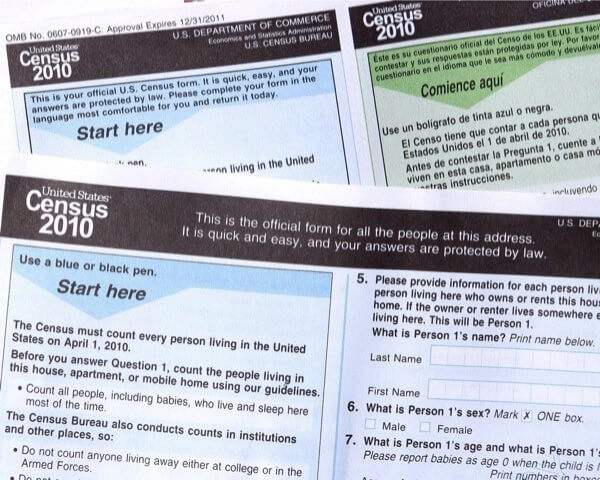By Gina Martinez
U.S. Rep. Grace Meng (D-Flushing) is urging the Office of Management and Budget to revise its data collection standards for a more accurate 2020 Census.
According to Meng, OMB officials should review outdated federal standards for data collection before the Census Bureau submits final questions for the 2020 Census to Congress by March 31. Any changes to federal data collection standards would have to be made now to allow the Census Bureau sufficient time to respond.
Meng said research shows that shifting from a two-question approach on race and ethnicity to a one-question approach would improve data collection and lead to more reliable and more accurate results. She believes OMB should adopt this approach so that government at all levels can better serve every community. She pointed out that data concerning race and ethnicity are used in everything from how federal resources are allocated to the distribution of congressional seats.
Meng is asking that OMB to implement a single, comprehensive question on race and ethnicity within its Statistical Policy Directive No. 15. As a Queens congresswoman.
The Flushing congresswoman is part of the delegation that represents the country’s most ethnically diverse county.
She contends that Census Bureau research shows that a single, comprehensive question leads to much better data collection than the current two-question approach that first asks a question about Hispanic ethnicity, followed by a second question on racial identification.
The research shows a mismatch between Latino identification and the current Census question sequence and race categories. According to the research, over 43 percent of Latinos chose “Some other race” or did not answer the race question in the 2010 decennial Census.
Asian Americans and Pacific Islanders also face mismatches with self-identification as the current two-question approach only includes listed race categories of “Asian Indian” and “Other Asian” with an option to write in a more specific race.
There are also concerns that the upcoming Census, which for the first time will be done mostly online, will lead to inaccuracies.
In 2015, the Census performed an extensive evaluation of the content of the Census questionnaire and tested the traditional two-question approach to race and ethnicity compared to the one-question approach that asked for both racial and Hispanic ethnicity identification through a single question. The single question was found to be the most optimal question format to gather data, Meng said.
In a letter to Mick Mulvaney, the director of OMB, Meng stressed the importance of the accuracy of Census data, which supports the allocation of over $600 billion of federal funds annually.
“It is imperative that all populations are accurately represented in Census data to minimize the burden to the government of producing statistical knowledge and to ensure all Americans receive their fair share of the important resources that will be allocated with the 2020 Census data.
Reach Gina Martinez by e-mail at gmart




































